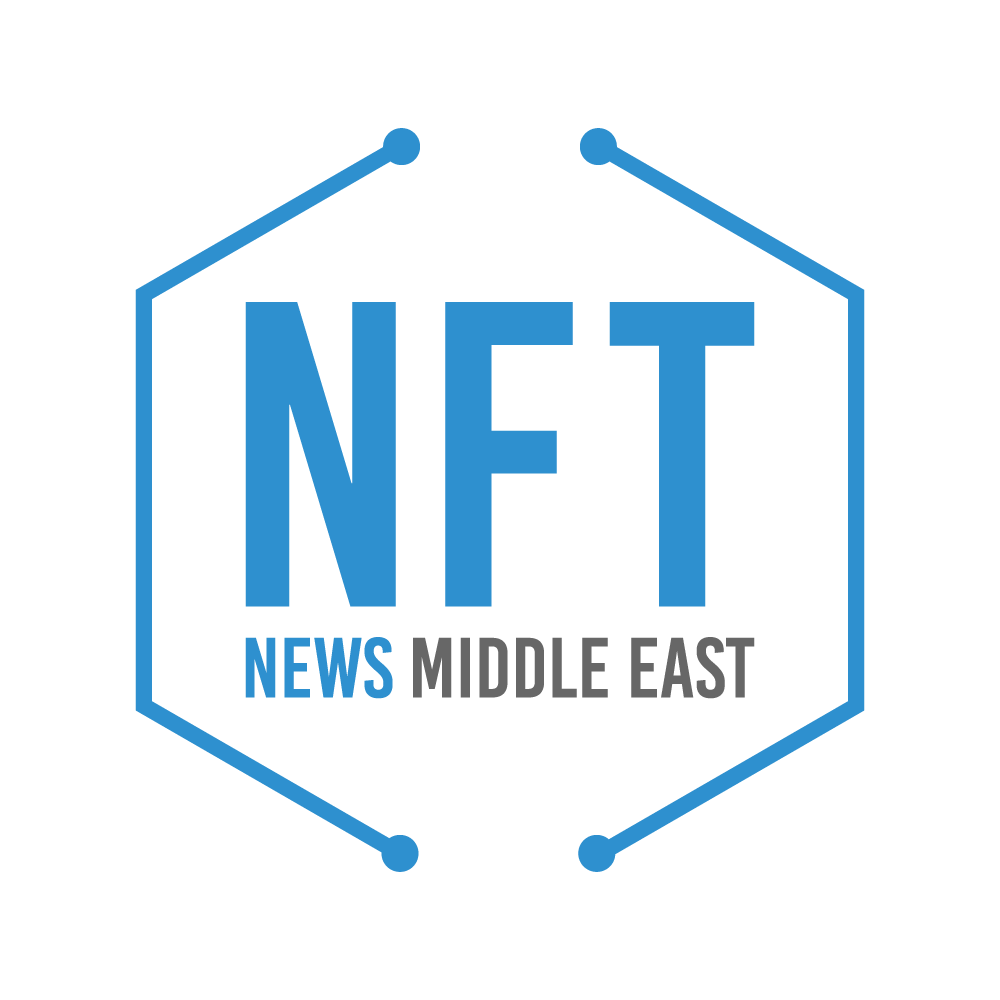Last Updated on January 16, 2024 by newseditor
Non-Fungible Tokens (NFTs) are the trendiest assets in the decentralized finance (DeFi) industry. NFTs serve various including lending. NFT lending is using your NFT as collateral for a loan in return for an instant cryptocurrency payout. Additionally, it addresses liquidity, the biggest issue facing the asset class. NFT lending uses on-chain smart contracts. NFT lending seeks to address the illiquidity issue facing NFTs. It provides a market where NFT owners could mortgage their NFTs in exchange for cryptocurrencies or fiat.
The NFT Lending Process
The owner of the NFT (the borrower) first visits a lending site to submit a request for a cryptocurrency loan using their NFTs as collateral. Then, the borrower’s NFTs are posted on the platform’s marketplace after accepting the terms and conditions.
A lender accesses the site and peruses the marketplace’s NFTs. Since NFTs are more volatile than traditional loans, lenders on an NFT lending platform are allowed to specify the loan terms. The loan terms include the amount they are willing to lend against the NFT offered as collateral, the interest rate they should receive, and the time frame for repayment.
The lender will then send the borrower a loan offer and the conditions and wait for them to be accepted or rejected. The NFT lending platform will lock in the borrower’s NFT once they accept a particular lender’s offer since it is now loan collateral.
Borrowers will get their NFTs back when they repay the lender for their cryptocurrency loan plus interest. Nevertheless, most NFT lending platforms will pass the NFT to the lender if the borrower doesn’t pay back the loan.
Types of NFT Lending
There are numerous types of NFT lending platforms and protocols in the crypto world. The counterparty for users is one of the primary distinctions between NFT lending protocols. The major types of NFT lending protocols include:
Peer-to-Peer NFT Lending
Users may do business with one another directly using this system. The agreement is finalized if both parties accept the conditions. For instance, a borrower who has received a loan offer posts an NFT on NFTfi as collateral. The collateral will be kept in a digital vault under certain terms and circumstances. The borrower will get wrapped Ether (WETH) or DAI. Borrowers get their NFT when they pay off their loans and interest within the agreed-upon time frame, just as lenders recover their investment plus interest. Users have access to several different NFT series for P2P transactions.
Peer-to-Protocol NFT Lending
Peer-to-Protocol NFT lending is synonymous with DeFi lending protocols, where native assets are borrowed directly from lenders. Peer-to-peer systems require liquidity providers (LPs) to deposit tokens into pools. By moving their NFTs into accessible vaults, the borrowers may have access to liquidity.
GenDAO uses this concept to provide NFT loans. It obtains floor pricing information from OpenSea using Chainlink oracles.
Non-Fungible Debt Positions
Borrowers must lock their NFT assets in non-fungible debt positions to be eligible for artificial stablecoin loans like those offered by MakerDAO. However, lenders may also provide PUSD liquidity or convert PUSD into other tokens to create income on DeFi networks. In addition, to be eligible for DAI loans, borrowers must secure ETH as collateral, which MakerDAO has been doing via using collateralized debt position lending.
Risks in NFT Lending
Although the idea of NFT loans seems perfect in principle, it is far from the case in practice. First, defaulting on debts requires selling your NFT cheaply, which is bad for borrowers. Loan-to-value ratios as low as 30–50% are possible. Additionally, since NFTs are non-fungible, borrowers would be unable to cover their positions in the event of a margin call. Moreover, the hazards inherent with DeFi, such as hacking, theft, and even rug pulling, also affect NFT lending markets.
Conclusion
NFT lending is a great way for borrowers to get loans and for lenders to make money. Also, NFT lending can solve liquidity problems in the NFT space.

